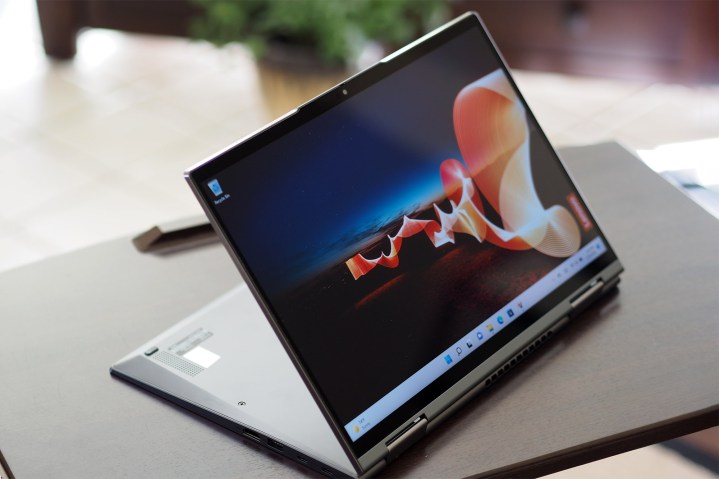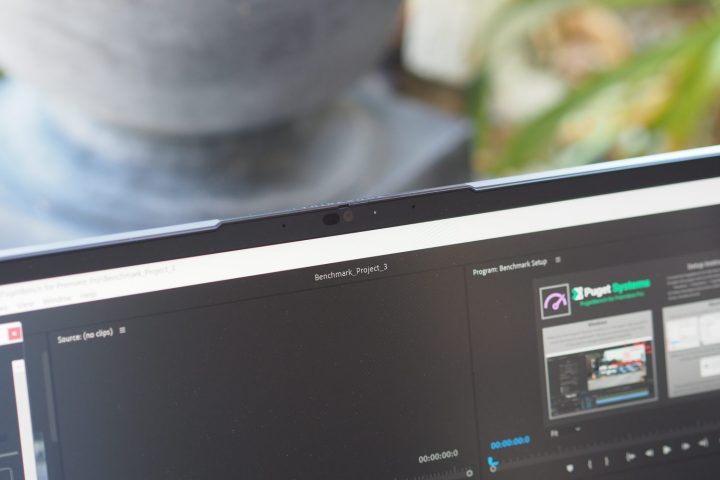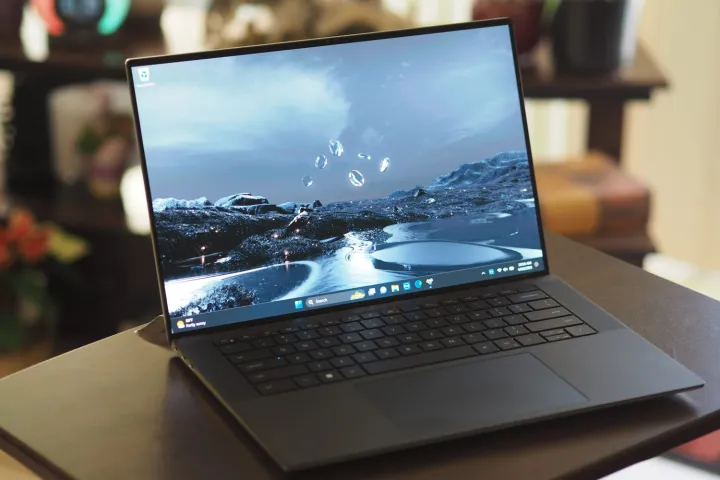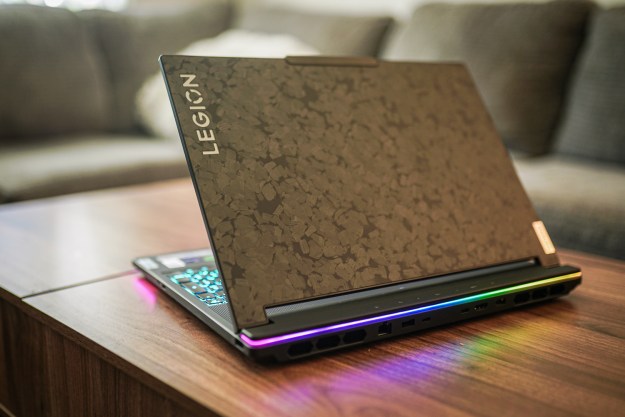When shopping for a laptop, it’s hard not to get sucked into buying the latest model. They’re often widely available and marketed as the next big thing.
But as a reviewer who tests dozens of new laptops every year, I know the secret that laptop brands don’t want to tell you. It’s that more often than not, the latest version of a laptop may offer a very mild update to the previous generation, often just swapping in one CPU for another. That means if you can find the previous generation for cheaper, it’s often a better use of your money. The key, though, is learning how to recognize a minor spec update on a laptop from something that’s actually worth paying more for.
When updates just aren’t enough

The Lenovo ThinkPad X1 Yoga Gen 8 is the laptop that got me thinking about this topic. It’s a popular laptop that gets updated every year, but sometimes with very, very little change.
The laptop underwent a major redesign in the sixth generation and a CPU update in the seventh generation, which was repeated with the latest version with Intel’s 13th-gen processors. The thing is, Lenovo didn’t just update to Intel’s latest generation, but it switched from 28-watt to lower-power 15-watt CPUs. Interestingly, the newer chips performed similarly, so there was no penalty for dropping the power.
You can switch to performance mode to get some additional performance out of the new chip, but then the laptop ran hotter and louder.
| Lenovo ThinkPad X1 Yoga Gen 7 (Core i7-1260P) |
Lenovo ThinkPad X1 Yoga Gen 8 (Core i7-1355U) |
|
| Geekbench 5 (single/multi) |
Bal: 1,650/8,080 Perf: 1,621/8,544 |
Bal: 1,835/6,220 Perf: 1,788/8,629 |
| Handbrake (seconds) |
Bal: 118 Perf: 134 |
Bal: 184 Perf: 110 |
| Cinebench R23 (single/multi) |
Bal: 1,587/7,682 Perf: 1,611/8,078 |
Bal: 1,644/5,684 Perf: 1,858/8,890 |
| PCMark 10 Complete (higher is better) |
5,537 | 5,401 |
At the same time, in two of our battery tests, the switch didn’t reap any significant efficiency advantages. There’s one outlier, the PCMark Applications battery test, where the 8th-gen model did better.
But in real-life use, battery life is likely to be similar between the two laptops.
| Lenovo ThinkPad X1 Yoga Gen 7 (Core i7-1260P) |
Lenovo ThinkPad X1 Yoga Gen 8 (Core i7-1355U) |
|
| Web browsing | 10 hours, 10 minutes | 10 hours, 24 minutes |
| Video | 16 hours, 12 minutes | 15 hours, 12 minutes |
| PCMark 10 Applications | 10 hours, 33 minutes | 15 hours, 29 minutes |
The results of this testing show why a newer chip doesn’t always equal a better overall laptop.
The Dell XPS 15 and the Dell XPS 13 Plus are a couple of other examples of laptops that didn’t make huge improvements over their predecessors this year. Both changed nothing but the CPU and, in the case of the XPS 15, the GPU. The XPS 13 Plus in particular didn’t improve performance much and suffered significantly in battery life. The newest XPS 15 is slightly faster at creative tasks and gaming thanks to a faster GPU, but for productivity users, it’s a wash.
Things to look for

My point, of course, isn’t that it’s never worth buying the latest model. As a counter-example, consider the Lenovo ThinkPad X1 Carbon Gen 11. It, too, updated just the CPU and switched from 28-watt to 15-watt processors. But in its case, performance improved slightly while battery life got a real boost. In this case, there’s good reason to consider the latest model.
Generally speaking, you’ll want to look closely at the latest generation when comparing it to the previous model. Sometimes, the changes are obvious, such as in a new chassis design or a major upgrade to the display options. For example, some laptops are adopting mini-LED technology that dramatically enhances brightness and high dynamic range (HDR) video. Of course, as we’ve seen, CPU upgrades are common, but also check to see if there’s been a meaningful upgrade to the GPU as with the Dell XPS 15 mentioned above.
Sometimes, the changes are more subtle. Perhaps there’s an upgrade in the number or types of ports available. Most Intel laptops have already adopted Thunderbolt 4, for example, but perhaps it’s only the latest generation of a laptop that has the most up-to-date standard. Wi-Fi 6E is new as well, providing potentially faster speeds over Wi-Fi 6, and that’s something to look for. Finally, the webcam is another component that’s recently been receiving upgrades, specifically to 1080p from 720p, a major boost.
Not all of these potential upgrades might be worth the several hundred extra dollars on their own, but a few of them together can tip the scales. Ultimately, you’ll want to make sure to check out reviews of both generations to help identify both what’s been updated and how the new machine performs compared to the old machine.
Can you find the older model for less money?

All of this needs to be balanced with the amount of savings you’ll actually get. If you can get the latest generation for the same price as the previous generation, then everything else being equal, you should buy it. But often, the previous generation becomes available at lower prices. That sometimes takes a few months to filter through the supply chain, but eventually, some real bargains can become available.
Our examples don’t qualify because the new models were just recently released. Lenovo, in particular, is all over the map in its pricing, and Dell no longer lists the old versions in its store. But over the next couple of months, you should start seeing lower prices on the older models, and at that point, you can save some money without compromising much, if anything.
The biggest lesson here is that when you’re shopping for a laptop, make sure to do your research. Look at previous generations and see how much, if anything, changed. If you discover that there are no compelling advantages to the newest machine, and you can save a lot of cash, then last year’s model can be more than good enough.
Editors' Recommendations
- Don’t download the latest macOS Ventura update just yet
- Don’t buy a cheap GPU in 2024
- The 5 weirdest laptops ever made that you forgot existed
- 6 laptops you should buy instead of the MacBook Air
- It’s the right time to buy an older gaming laptop


